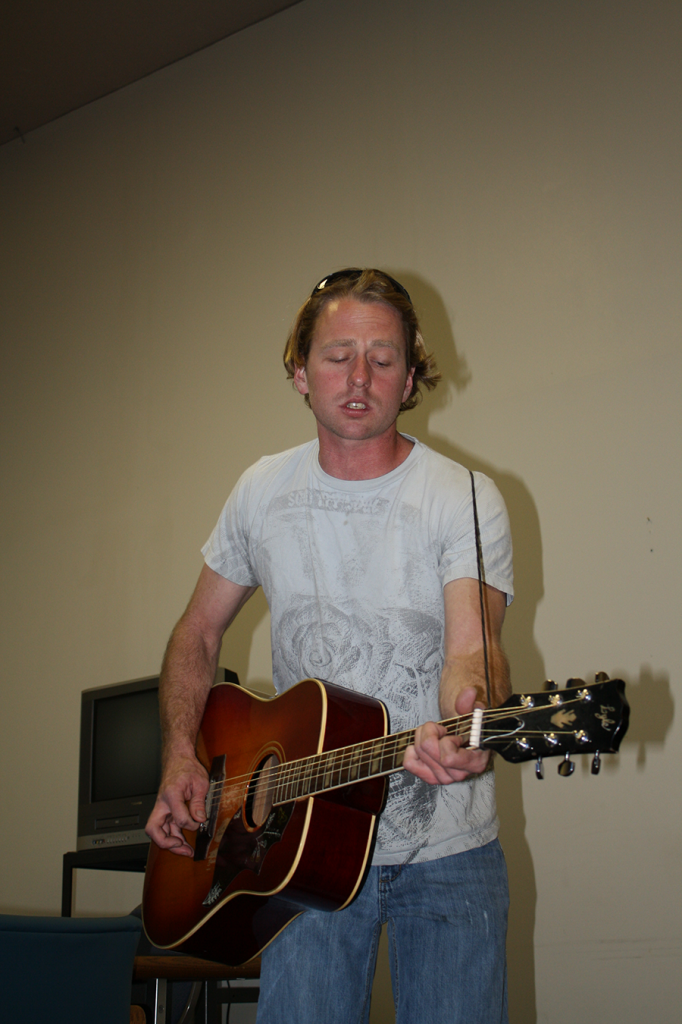By Bethany Sanderson/reporter
Unfamiliarity with medical jargon, language or cultural differences and the fear of a broken confidentiality are among the common doctor-patient barriers, a registered nurse said last week.
An average doctor visit lasts only 10 minutes, said Celya Tilley from the Texas Public Health Department during How to Talk to Your Doctor Feb. 23 on NW Campus.
“In a year, that equals 30 minutes with your provider,” she said.
People can make a difference through what they say and how they say it, Tilley said.
She led a “building bridges” discussion of how to understand the roles of the doctor and the rights of a patient.
“I believe it is important for all individuals to know how to talk to their doctor,” she said. “When I provide educational classes in the community, I often interact with individuals with chronic problems.”
NW marketing professor Alicia Lupinacci had personal reasons for attending the presentation.
“I am changing doctors, and I wanted to find out how to get off on the right foot with my doctor,” she said.
Patients should expect certain actions from physicians on their first visit, beginning with a formal introduction from the doctor. Patients should provide a description of the problem that took them to the doctor, and the doctor should listen, abide by the patient-doctor confidentiality code and offer a clear diagnosis, Tilley said.
Those with language barriers may ask for a translator, which should be requested ahead of the scheduled doctor visit.
Tilley also offered advice on choosing doctors.
Patients have to decide on their personal specifications: male or female physician, aged or young, she said. Then they should identify several doctors, call their offices and make an educated choice.
Patients also have the right to be treated with respect and dignity from a physician, the right to medical information and a clear explanation of the condition, tests and procedures.
When preparing for a doctor’s visit, Tilley said patients should make sure to have details written down for the doctor. Those should include symptoms, questions to ask and their medical history.
Patients should not be afraid to describe all symptoms.
“[Be] completely honest with the doctor,” she said.
Patients should express medical concerns as well as spiritual, religious or cultural beliefs, Tilley said.
“We don’t want to be another number or another file,” she said. “Doctors care about their patients and their well-being.”
Most doctors schedule a certain number of patients per day, so time is limited, Tilley said.
“It is important for patients to communicate effectively to your doctor and get enhanced care,” she said.























